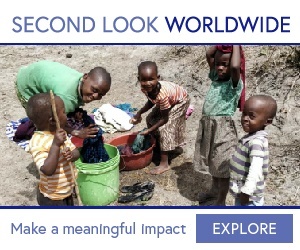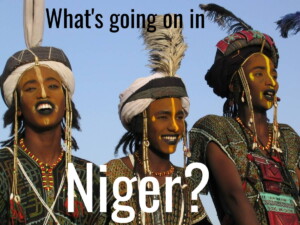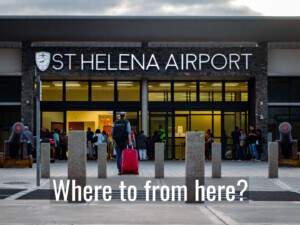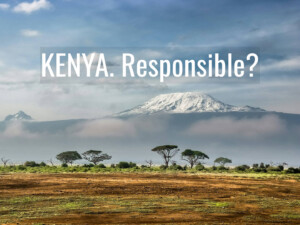How running water changes lives: Tourism takes a second look in Tanzania
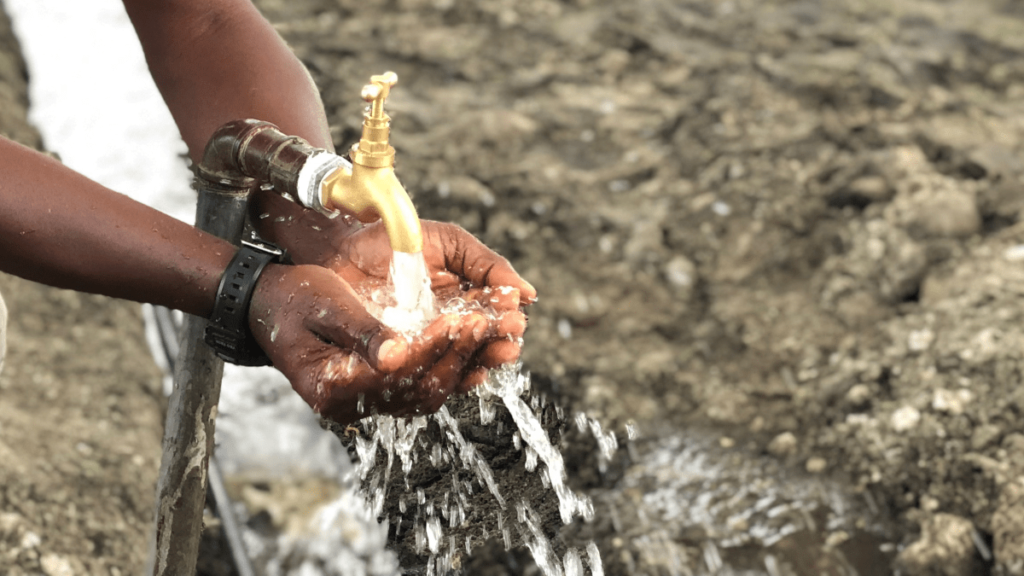
Tanner C Knorr, President of “GT” Insight Partner Second Look Worldwide, takes us to Kakoi village in Tanzania — the first beneficiary of a pragmatic approach to supporting communities that are directly affected by, or live adjacent to, tourism activity.
When travelling to developing countries, noticing discrepancies between the areas of tourism and those immediately outside is hard to miss. These differences come in many forms, including the quality of roads, restrooms, housing, cleanliness, and natural beauty. I find myself reconciling the fact that I sometimes stay and experience silos of gorgeous architecture and activities, while right outside the gates, local communities often seem to have so little.
In these cases, there is no question why locals may often not have the kindest demeanour towards us outsiders. Tourism is certainly a world of “haves” and “have-nots”.
When forming our travel company, I knew that I needed to consider the populations living both within and around the destination points of our tours. The idea from the beginning was to reserve 5% of the package cost and devote that to improvements in the places near our travellers’ accommodations and experiences. After a couple years of the business, we decided to incorporate a separate sister organisation to ensure more funds were able to get to the places that needed it the most.
Our not-for-profit organization is called Second Look Worldwide. We strive to take a second look at destinations and see them for more than just a place to travel, but as the living, breathing combination of communities, wildlife, and landscapes that they are. We focus on infrastructure improvements near the places we travel.
At the end of 2018, we began work on our first project in the Kakoi Village outside Tarangire National Park in Tanzania. There are around 15,500 Maasai living in this area at the northern tip of the park. They make their living through agriculture and herding cattle. Very rarely will this community interact with tourists, but they may see a safari car drive past every now and again because they are located so close to the national park.
The village is in what is called the buffer zone or wildlife management area. Because there are no fences around Tanzanian parks, this area is where wildlife and humans often converge. Without seeing the benefit of tourism, the value of wildlife among these communities is often quite low. Elephants and monkeys are fairly regular visitors in the Kakoi community, lured by water, watermelon, and maize.
Several years ago, a local lodge in the northern Tarangire region installed a water pump system in the village in exchange for water usage at the lodge. When the lodge closed and moved to a different location, it took along the pump system equipment, including the pump itself and the generator, leaving Kakoi with a couple of slightly broken water storage tanks atop the concrete pump house. The village was reduced to using surface water for both livestock and community.
When searching for our first initiative with Second Look Worldwide, Kakoi proved to be a great fit. Together with their tribunal support and Tanzanian engineers, we began by surveying the land and water source for cleanliness. The borehole was still intact, but the pump and drill had to be replaced, and piping would need to be reconnected in order to reach the primary school in the village. We decided that solar power would need to be the fuel to run the system because installing a diesel-powered generator would be unsustainable from both an environmental and economic standpoint. After raising further funds, we travelled back to Tanzania in early 2019 to begin the project.
Installing the pump system Installing the solar panels Children use the water for washing Villagers verifying the freshness of the water during pump testing Water pump testing Running water!
We worked with and relied heavily on local partners to assist in navigating and installing the project, and, by July 2019, we were able to see clean water flow from the system to the tap on site and through to the primary school. We met with the chairman of the Kakoi and signed all equipment over to the village so that no one in the future could take it away again.
In the final phase of our project, we along with our Tanzanian and American partners will build out the plumbing and hygiene education at the primary school. Rather than the children continuing to use restrooms with septic tanks, we will install a leach field, and make sure that running water and soap are available. Not only will this reduce the awful smell from the restrooms, but also increase the health and well-being for the hundreds of kids at the school.
We are initiating work with other international partners and American organisations to establish projects in more destinations around the world. These will soon include Uganda, Nepal, Ethiopia, and Tunisia.
Utilising tourism for local development projects like this has several benefits. Not only can we rest easier knowing that thousands of people have access to multi-faceted, sustainable infrastructure improvements, but perhaps these supported communities will value the wildlife to a higher degree and begin contributing to conservation of the area in a more robust way.
Featured image: Water running through grateful hands; a crop of an image in the gallery. All the images in this article were supplied by the author, Tanner C Knorr.
About the author
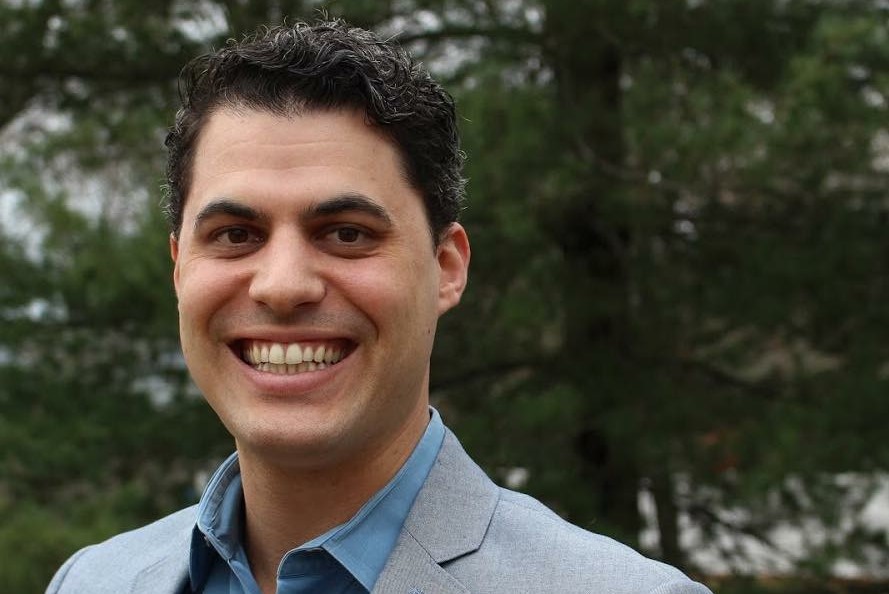
Tanner C Knorr is the Owner & Founder of the sustainable tour operator Off Season Adventures and President of Second Look Worldwide, a 501(c)(3) not-for-profit organisation that ensures the benefits of tourism are realised in local communities by sponsoring infrastructure improvements around the world. To date, Off Season Adventures has kept more than 90% of the tour costs within the local economies and contributed significantly to forest conservation within the destinations. Extensive stakeholder meetings and international partnerships go into his work with both organisations.
Tanner also manages business development, communications, and events for EplerWood International.
With a Bachelors in Archaeology and a Masters in Administrative Studies (Economic Development and Tourism Management) from Boston University, Tanner helped teach “Environmental Management of International Tourism Development” at Harvard Extension.


